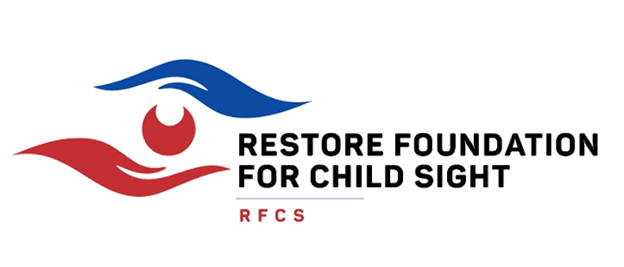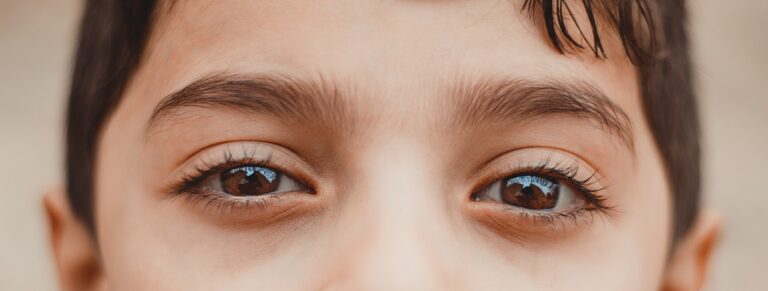Care of The Eyes
The eyes are an essential part of the body, providing critical sense of sight. They require care to keep the healthy and function optimally. There are over 2billion people worldwide who have visual impairment and blindness. Most of these, at least 80% are avoidable situations in the sense that the condition is preventable or the ensuing disorder is treatable. Important tips for proper care of the eyes include:
Good antenatal care for pregnant women

This will reduce incidents of preterm births, and optimize hospital care for those born preterm to reduce incidents of retinopathy. Screening for chlamydial or gonococcal infection in pregnant women can reduce incidents of eye infections in newborns. Also, incidents of eye infection in newborns can be reduced by antiseptic wipes at birth in hospital and prompt institution of treatment for eye infections to avoid blindness from perforation of the eyeball by virulent bacteria.
Immunization
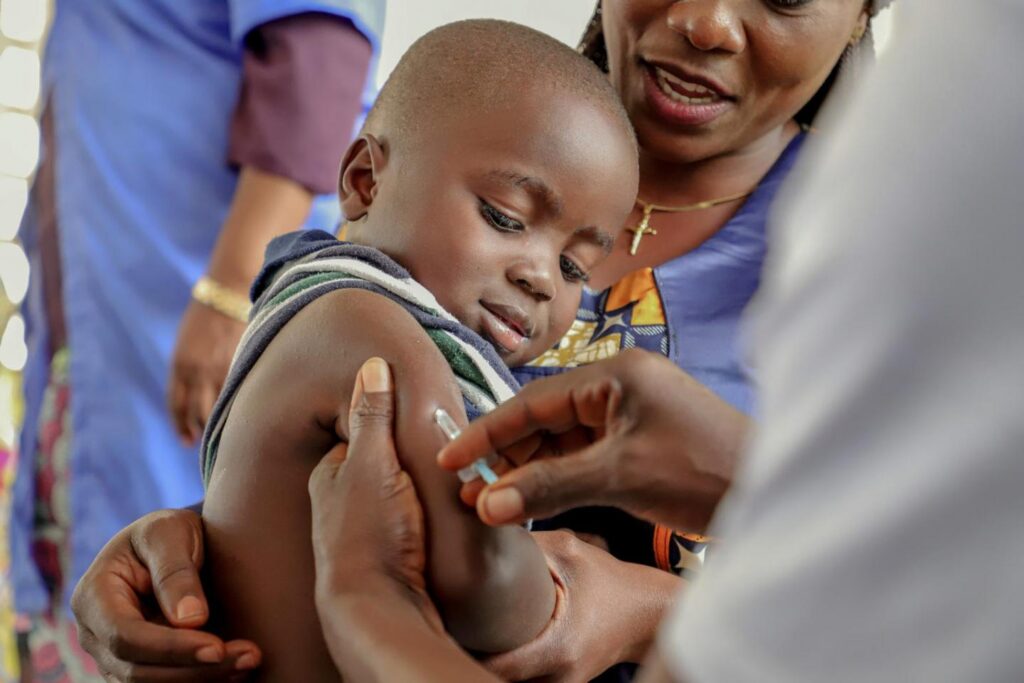
Measles immunization for infants will reduce incidents of measles and the attendant blindness which may occur from scarring of the cornea following such an infection. Rubella immunization for teenage girls will reduce incidents of rubella infection during pregnancy in their reproductive years thereby reducing incidents of congenital rubella cataracts..
Nutrition

Good nutrition with foods rich in protein (such as fish, eggs, beans soya and lentils) and vitamin A (such as carrots, tomatoes, palm oil, pawpaw and other yellow and orange coloured fruits and vegetables) strengthen the child’s immunity to ward off infections, and to prevent corneal melting when children do have measles. This will greatly reduce corneal blindness. Vitamin A supplementation is also important in pregnant women, especially when undernourished, in under-fives at intervals and in children at any time they contract measles.

Proper Hygiene
Personal and environmental hygiene such as with regular washing with clean water, good toilet facilities and proper disposal of wastes will reduce incidents of diarrheoa which encourage a rapid depleting of vitamin A in children, encouraging cornea melting and blindness in children. Proper sanitation also reduces incidents of eye infections which may result in blindness.
Proper attention to red eyes
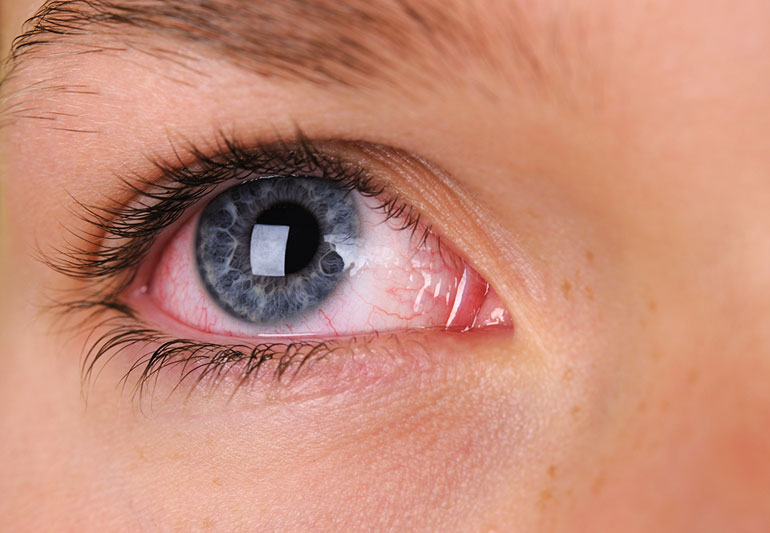
The practice of engaging in instillation of home remedies into red eyes encourages toxicity to the cornea with risk of blindness. Substances like sugar water, salt water, petrol, diesel, battery water, breast milk, honey, urine, feaces and traditional eye medication are to be avoided. Proper consultation at the hospital for treatment of red eyes is advised.
Protection of eyes from injury

Eye injury can lead to blindness by many mechanisms. It is important for children to be cautioned at play. The handling of sharp objects and throwing of objects at others should be discouraged, as this can lead to cataracts, corneal injury with scarring and blindness and ruptured eyeball. In addition, children need counselling to avoid physical fights, which can lead to eye injury.
Check eyesight regularly
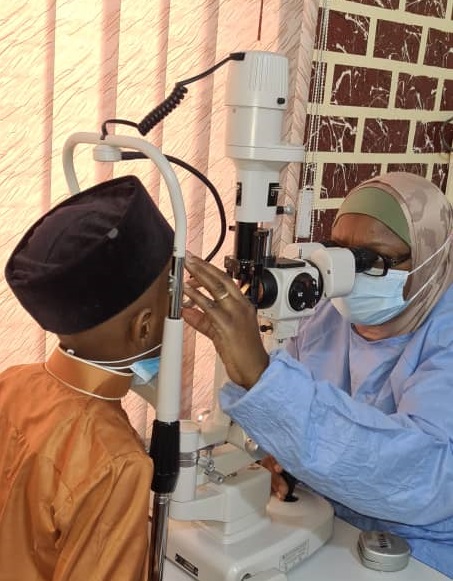
Regular eye checks are required. A child should get a routine eye examination in infancy, and again at Pre-school age, and about yearly thereafter. This helps to unearth significant refractive errors early. Any other pathologies such as cataracts, glaucoma, eye cancers and latent squints can be discovered timely.
Urgent referral for white pupils
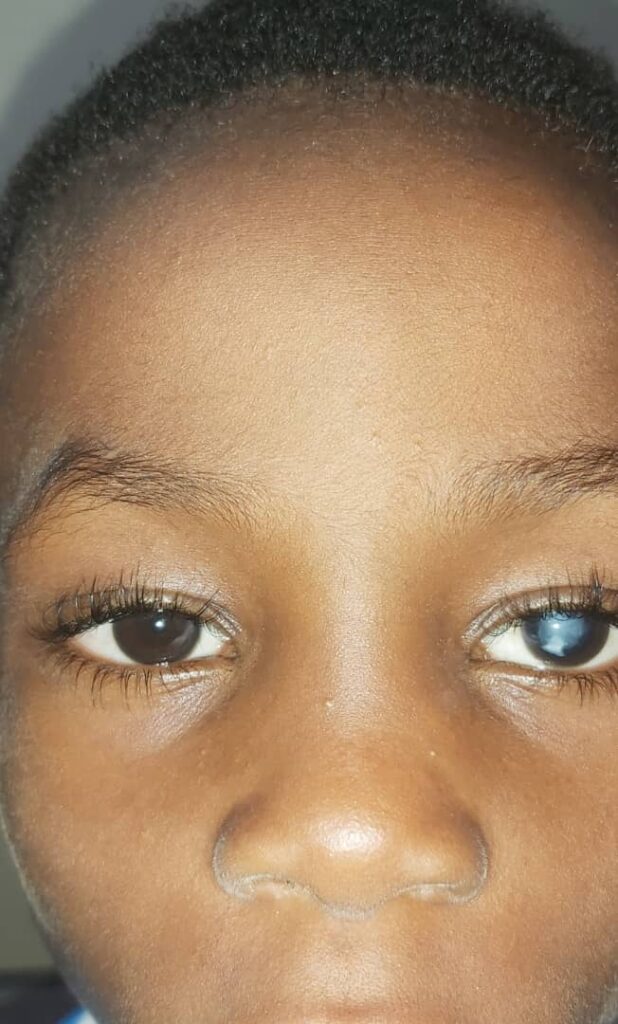
Whiteness in the center of the pupil of an eye could signify a cataract which is sight threatening or a more sinister situation, such as a retinoblastoma, the commonest eye cancer in childhood. This is both sight and life-threatening, so delay is dangerous. Any whitish reflex within an eye should warrant an urgent referral to an Ophthalmologist for evaluation.
